Cure Connect
EPS-RFA Treatment
Radiofrequency ablation (RFA) is a minimally invasive procedure used to treat abnormal heart rhythms, known as arrhythmias. If your heart has an irregular electrical system, it can cause your heart to beat too fast, too slow, or in an erratic manner. RFA can help correct these issues by using heat to target and destroy small areas of heart tissue that are causing the problem.
Before the procedure, your doctor may perform an electrophysiology study (EPS), which is a test to map the electrical activity of your heart. This helps identify the specific areas responsible for the abnormal rhythms. Once these areas are pinpointed, RFA is used to correct the problem.
During the RFA procedure, a thin, flexible tube called a catheter is inserted into a blood vessel, usually in your groin, and guided up to your heart. The tip of the catheter emits radiofrequency energy, which generates heat. This heat is applied to the targeted area of heart tissue, creating small scars that disrupt the faulty electrical signals causing your arrhythmia.
The procedure is typically done under local anesthesia, meaning you’ll be awake but relaxed, and it usually takes a few hours. Because it’s minimally invasive, RFA is often performed in an outpatient setting, meaning you can go home the same day.
RFA is a highly effective treatment for many types of arrhythmias, including atrial fibrillation, atrial flutter, and certain types of supraventricular tachycardia (SVT). It can significantly improve your quality of life by restoring a normal heart rhythm, reducing or eliminating symptoms like palpitations, shortness of breath, and dizziness, and decreasing the need for long-term medication.
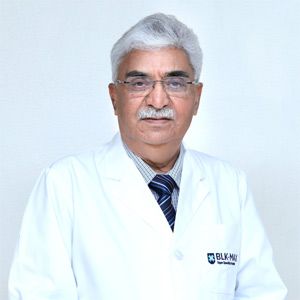
Dr. T. S. Kler
Chairman & HOD - BLK-Max Heart & Vascular Institute, Chairman Pan Max - Electrophysiology
Critical Cardiology, Non-Invasive Cardiology, Interventional Cardiology, Nuclear Cardiology, Cardiology, Electrophysiology And Arrhythmia Services, Technology For Heart Care Experience: 37+ Years

Dr. T. S. Kler
Chairman & HOD - BLK-Max Heart & Vascular Institute, Chairman Pan Max - Electrophysiology
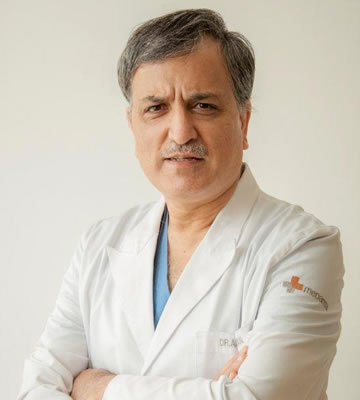
Dr Anil Bhan
Chairman, Cardiac Surgery, Cardiac Care, MCh (CTVS) , MS(General Surgery) , M.B.B.S.
Dr. Bhan is an outstanding cardiovascular surgeon and a graduate from Medical College Srinagar (Best outgoing graduate-Gold Medalist).

Dr Anil Bhan
Chairman, Cardiac Surgery, Cardiac Care, MCh (CTVS) , MS(General Surgery) , M.B.B.S.
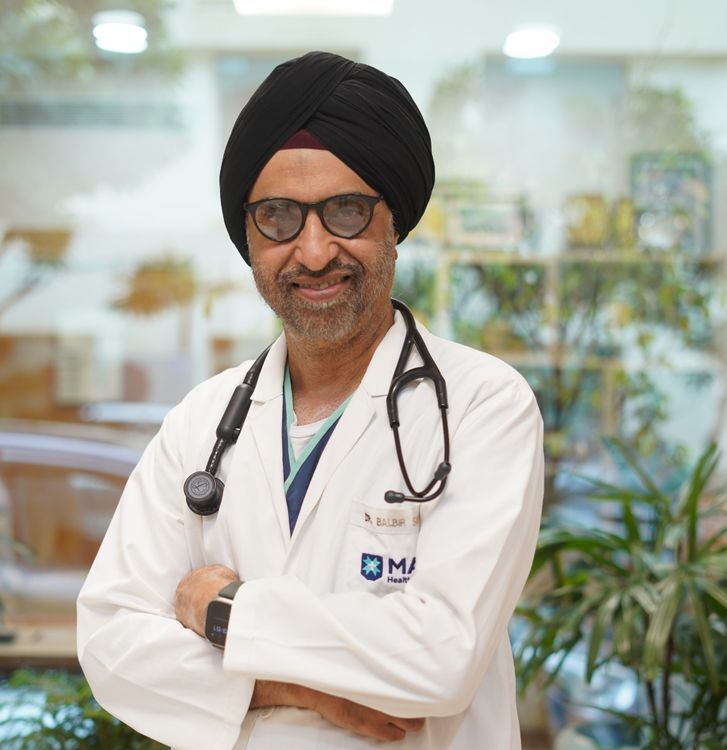
Dr Balbir Singh
Group Chairman - Cardiac Sciences, Pan Max & Chief of Interventional Cardiology and Electrophysiology, Max Saket
Cardiac Sciences, Cardiology, Cardiac Electrophysiology-Pacemaker, Interventional Cardiology Experience: 32+ Years

Dr Balbir Singh
Group Chairman - Cardiac Sciences, Pan Max & Chief of Interventional Cardiology and Electrophysiology, Max Saket
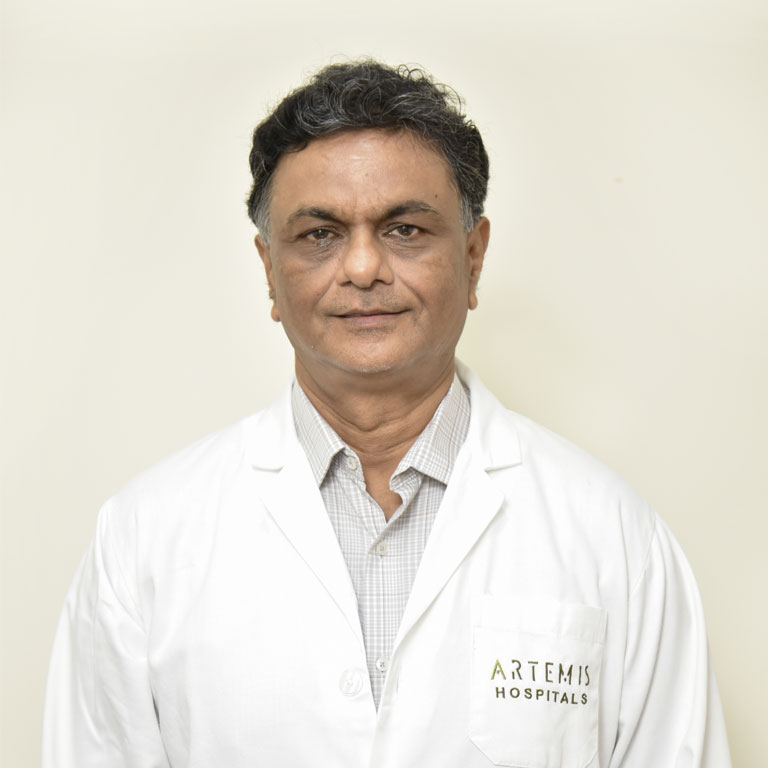
Dr. Sushant Srivastava
Chairperson Heart & Lungs Transplant MBBS, MS, MCh
MBBS, Patna Medical College, Patna, India MS (General Surgery), Patna Medical College, Patna, India, 1991 MCh (Cardiothoracic and Vascular Surgery), All India Institute of Medical Sciences, New Delhi, India, 1994

Dr. Sushant Srivastava
Chairperson Heart & Lungs Transplant MBBS, MS, MCh
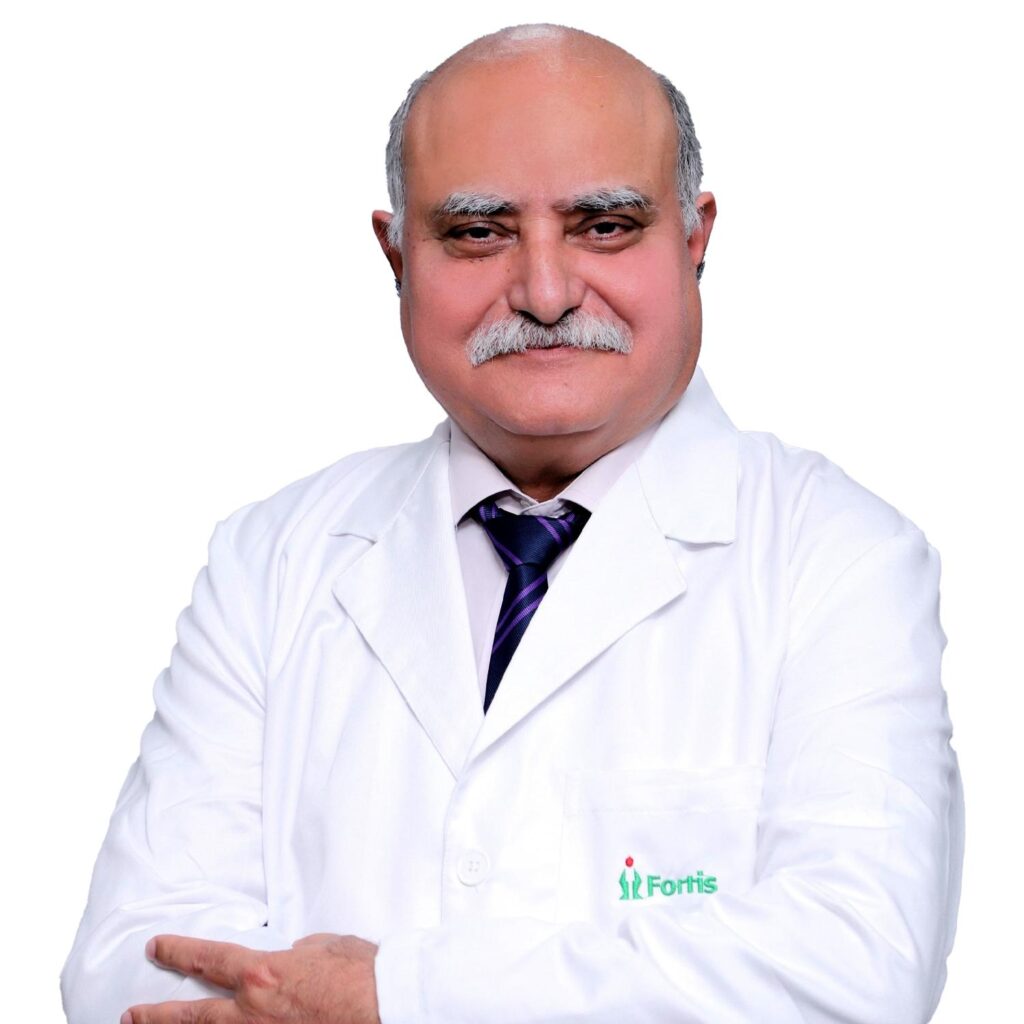
Dr Ajay Kaul
CHAIRMAN CARDIAC SCIENCE | Fortis Noida Cardiac Sciences | MBBS, MS (General Surgery), M.Ch (Cardiothoracic Surgery),
Adult CTVS (Cardiothoracic and Vascular Surgery) | Heart Transplant | Heart & Lung Transplant

Dr Ajay Kaul
CHAIRMAN CARDIAC SCIENCE | Fortis Noida Cardiac Sciences | MBBS, MS (General Surgery), M.Ch (Cardiothoracic Surgery),
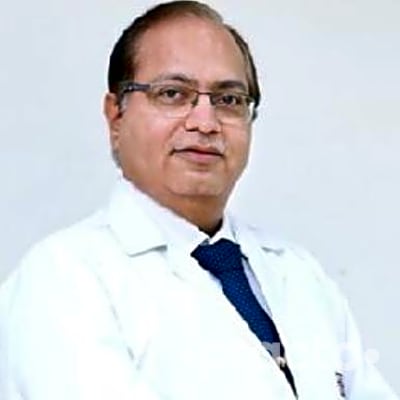
Dr Ramji Mehrotra
Vice Chairman - Cardiothoracic & Vascular Surgery Heart & Vascular Institute, Cardiothoracic And Vascular Surgery, Technology For Heart Care, Cardiac Intensive Care
Vice Chairman & Chief in Cardio Thoracic and Vascular Surgery (CTVS) Department at BLK Super Speciality Hospital, New Delhi.

Dr Ramji Mehrotra
Vice Chairman - Cardiothoracic & Vascular Surgery Heart & Vascular Institute, Cardiothoracic And Vascular Surgery, Technology For Heart Care, Cardiac Intensive Care
Plan Your Medical Tour Now
Plan your medical tour now with Cure Connect for seamless, affordable, and world-class healthcare services.
The Electrophysiology Study and Radiofrequency Ablation (EPS RFA) Treatment starts at USD 5,500. This specialized procedure is designed to diagnose and treat irregular heart rhythms by targeting and correcting problematic areas in the heart tissue, offering a precise solution for arrhythmia management. Contact us for more information.
Patients undergoing EPS RFA treatment typically require a hospital stay of 7-10 days. This period allows for thorough post-procedure monitoring and recovery, ensuring the best possible outcomes and a secure path to a healthier heart rhythm.
The Government of India encourages medical visas and the process is easy and quick without much documentation after a confirmation from the treating hospital.



